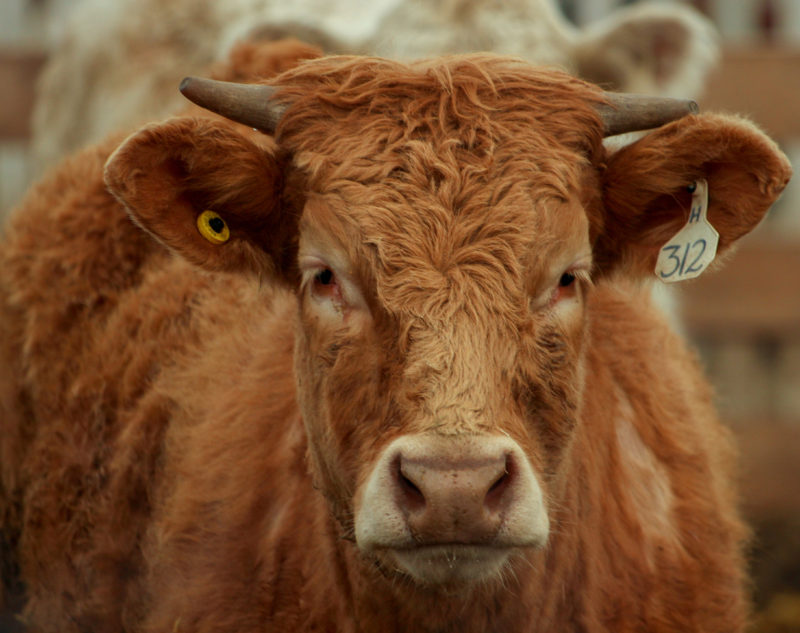Dr. Ty Lawrence, professor of Meat Science, predicts beef and other animal proteins won’t be the only mainstream proteins anymore. He says plant-based proteins will become more mainstream and you will see it more front and centre at grocery stores.
A professor of animal science has seen tremendous innovation in the marketing of meat.
At Lethbridge College’s Tiffin Conference last week, Dr. Ty Lawrence, professor of Meat Science at West Texas A&M University, spoke about the future of the beef market.
Lawrence took the audience on a journey of what the beef market was like in the 1930s to what it might look like in the future.
In the ’30s, there were specific meat markets where a consumer could buy a large chunk of meat such as a rib or an entire lamb carcass.
The consumer would take the product home and make it into a week’s worth of meals.
Fast-forwarding to the 1950s, the meat market would become part of the grocery store where the meat was individually portioned.
In the 1980s, producers have a greater awareness of food safety, product shelf life and appealing to what consumers need.
For the past eight years, consumers saw a rise in branded beef and an even greater rise in value-added beef.
These products are pre-cooked, vacuum packaged and can be cooked in the microwave.
Lawrence looked into his “crystal ball” and saw plant-based alternatives becoming a mainstream option, but he doesn’t know if these products will be a popular option amongst the general public.
“I don’t know if they will be widely accepted by the masses, but the option is going to be there. It’s going to be more and more front and centre in the meat case, rather than hidden in the frozen food section.”
Lawrence added he isn’t sure what will happen to cultured meat in the future.
According to New Harvest, cultured meat is produced from muscle and fat cells, connective tissue and blood, “rather than from a whole slaughtered animal.”
This meat includes products like sausage, hamburger, chicken nuggets and even a steak.
Between now and 2050, the professor said consumers will see the advent of insect products becoming available which will be marketed as a sustainable product.
These products will be something made out of worms, crickets or something that is insect-based.
As for the traditional beef, pork and chicken protein market, Lawrence explained there will be more value-added processing, which means more convenience for the consumer.
Ryan Kasko, general manager of Kasko Cattle Company, says consumers should have the option of buying plant-based proteins, but as a beef producer, he will still consume beef.
“Dr. Lawrence talked about the world wanting to consume more protein so it has to be delivered some way. If some people want to choose plant-based proteins then they should have the option. I will still consume beef because I like that.”
Kasko runs a feedlot with over 15,000 head of cattle and believes if the population grows to nine billion people, he said the world will need both animal and plant-based proteins.
Lawrence finished by saying with the worldwide demand for animal proteins increasing and technology slowly advancing in this sector, the price of these proteins will likely rise.


